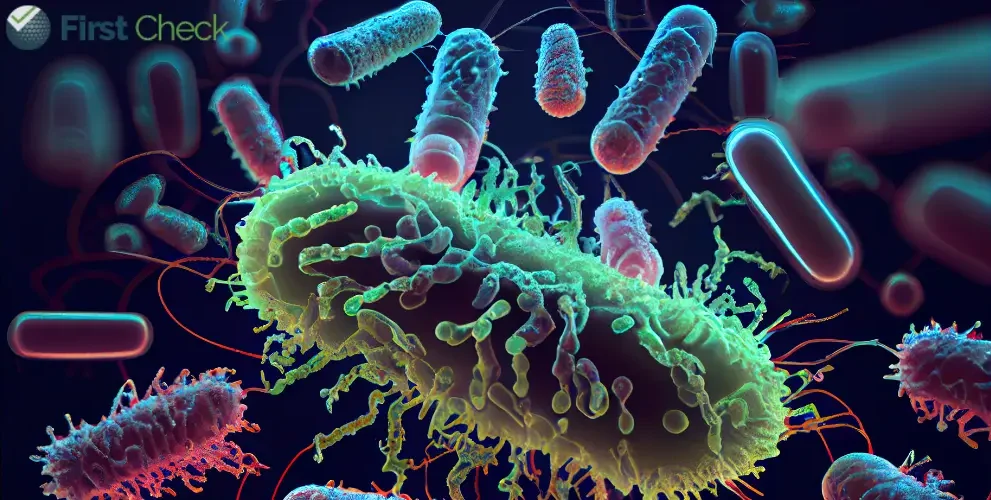Japan reels under potentially fatal bacterial infection
Author
Author
- admin / 2 years

- 0
- 3 min read

Author
A critical health emergency has hit Japan, resulting in high rates of infection and mortality.
Japan is facing a serious health crisis caused by a dangerous bacteria called Streptococcal Toxic Shock Syndrome (STSS). This infection is making people very sick and causing many to stay home or rush to hospitals, similar to what happened during the COVID-19 pandemic. Earlier this year, Japan’s National Institute of Infectious Diseases warned of a rise in cases of rare Streptococcal toxic shock syndrome (STSS) which recorded 77 deaths between January and March, with number of infections surpassing over 1,000 according to the media reports.
STSS is a rare but very serious infection caused by Group A Streptococcus (GAS). This bacteria usually lives on the skin and in the throat, where it normally causes mild infections. However, if it gets into the blood or deep tissues, it releases toxins that can cause a life-threatening illness. Experts aren’t sure exactly how STSS spreads, but they think it involves certain harmful toxins.
Streptococcal toxic shock syndrome (STSS) is a rare but very serious bacterial infection that can become life-threatening. It is caused when Group A Streptococcus (GAS) bacteria, also known as Invasive Group A Streptococcus (iGAS), enter the body and release toxins. These bacteria are usually found on the skin and in the throat, where they sometimes cause mild infections like strep throat. However, if they get into deeper tissues or the bloodstream, they can cause dangerous and potentially deadly infections.
The symptoms of STSS include a sudden high fever, low blood pressure, diarrhoea, and a skin rash. The infection can quickly become very serious, leading to organ failure and shock. This rapid worsening can result in multiple organ failure and death.
To treat STSS, doctors use antibiotics like Penicillin and Clindamycin to fight the infection. People with severe cases often need to be in the intensive care unit (ICU), and sometimes surgery is needed if the bacteria are resistant to antibiotics.
To prevent STSS, it’s important to practise good hygiene, such as washing hands regularly and covering your mouth when coughing or sneezing. Since there is no vaccine for STSS, being careful about cleanliness is the best protection. If one thinks they might have been exposed to the bacteria, seek medical help right away and avoid travelling to areas with known outbreaks.
Protect yourself and others from STSS by maintaining good hygiene and being aware of the symptoms. Prompt medical attention and careful hygiene can help prevent the spread of this serious infection.
Read More: Improved cookstoves reduce low birth weight in rural Bangladesh: A Lancet study









